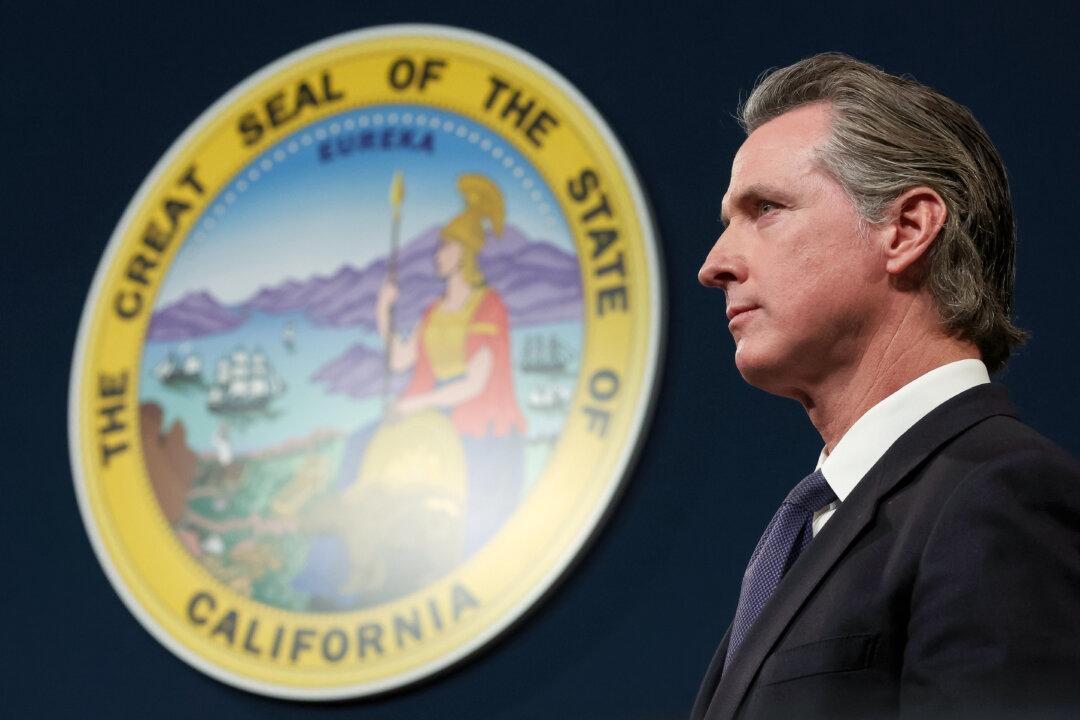A bill that shaves about $17.3 billion from the state’s budget deficit was signed into law April 15 by California Gov. Gavin Newsom.
The governor said the move will ensure core services are maintained while providing flexibility to work toward balancing the state’s upcoming budget for fiscal year 2024-25, which begins July 1.





